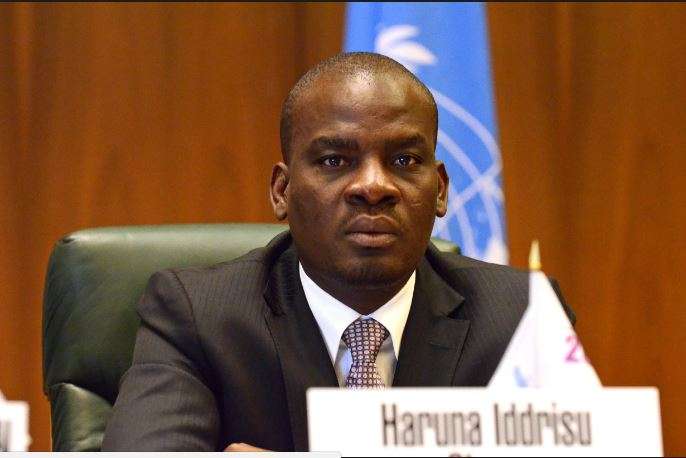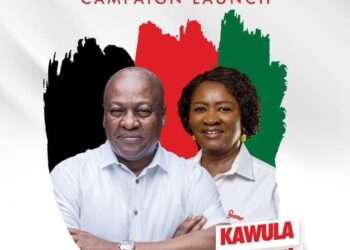Minority Leader, Haruna Iddrisu, has described the 2023 financial statement and economic policy presented to Parliament on Today as “ɛka mpɛ dede” budget.
According to him, per the Finance Minister’s presentation, it is evident that the nation has been declared a “high-risk distressed debt country.
“Today, Mr Speaker, we’ve heard the honourable Minister for Finance before this august House, declare Ghana a high-risk distressed debt country. So this budget is ‘ɛka mpɛ dede’ budget,” he stated.
“Finance Minister has announced debt restructuring in the name of a debt exchange programe”
Haruna Iddrisu
After the Finance Minister’s presentation of the 2023 budget, Mr Iddrissu who believes the country has overborrowed, made the claim to express his dissatisfaction and to also criticise the Akufo-Addo-led administration.
“Mr. Speaker, my greatest expectation of the Minister, is to regularise his borrowing under the Amended Bank of Ghana Act of 2016.
“You have to come back to this house, to seek our mandate and authorisation for your excessive borrowing from the Bank of Ghana. That needs to be regularised.”
Haruna Iddrisu
Notwithstanding his discontent with the budget, the Minority Leader assured the Finance Minister, that he has the support of the Members of Parliament to set the nation on the path of recovery.
Government To Establish Refinery To Boost local Gold Processing
Government has disclosed that plans are far advanced to set up a gold refinery to enable Ghana to add value and fetch higher dividends from gold production.
Minister for Finance, Ken Ofori Atta who was addressing Parliament during his presentation of the 2023 Budget Statement and Economic Policy on Today November 24, noted that the move, which is a joint venture with the private sector, will help boost the gold industry in Ghana and create jobs for the many young people in the country who are out of work.
Hon Ofori-Atta indicated that the continuous drop in value of the country’s main export commodities was an indication that the economy cannot rely on exporting raw materials of major produce. Therefore, the government is putting measures in place to address this challenge.
The Minister expressed optimism that the gold refinery will help diversify the nation’s mineral economy from being a predominantly export-driven structure to a value addition economy. This, the minister said, will help earn Ghana enough foreign exchange to cushion the local currency.
Ghana, which is the second biggest gold-producing country in Africa after South Africa, is home to leading multinational mining companies which mine and export the commodity to be refined in other countries. This leaves the country shortchanged in terms of revenue accruing to the state from the mining industry.




















